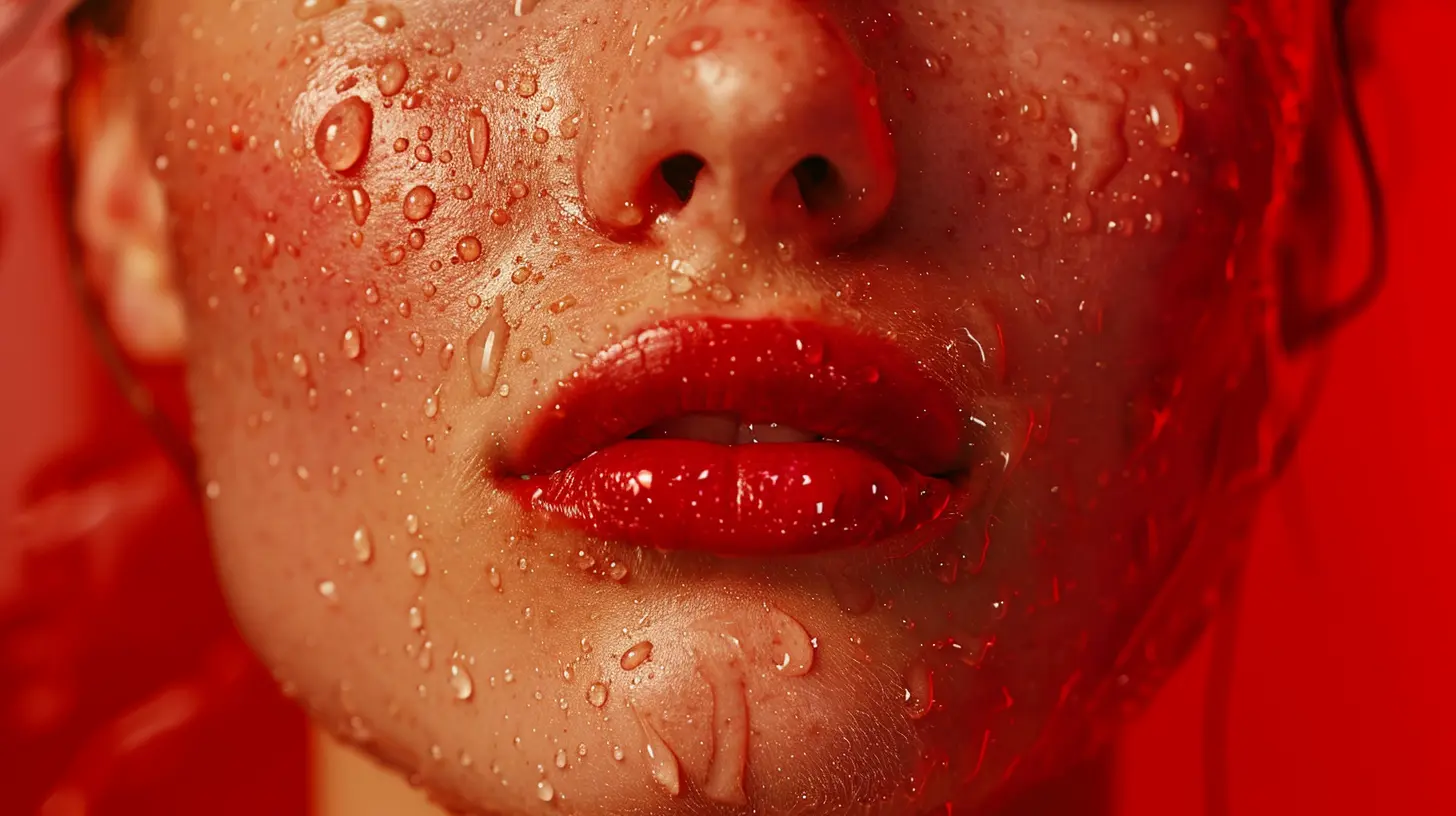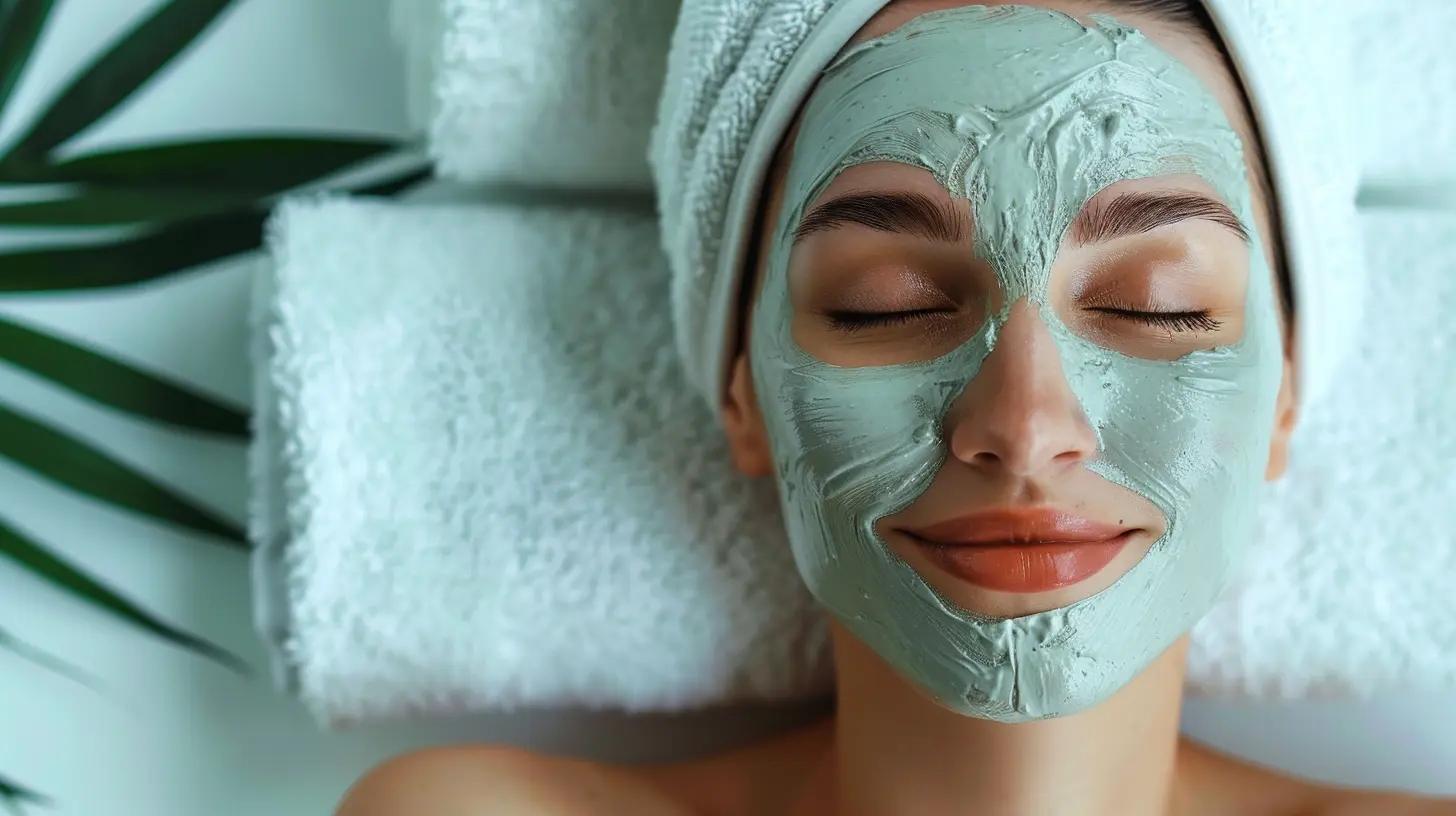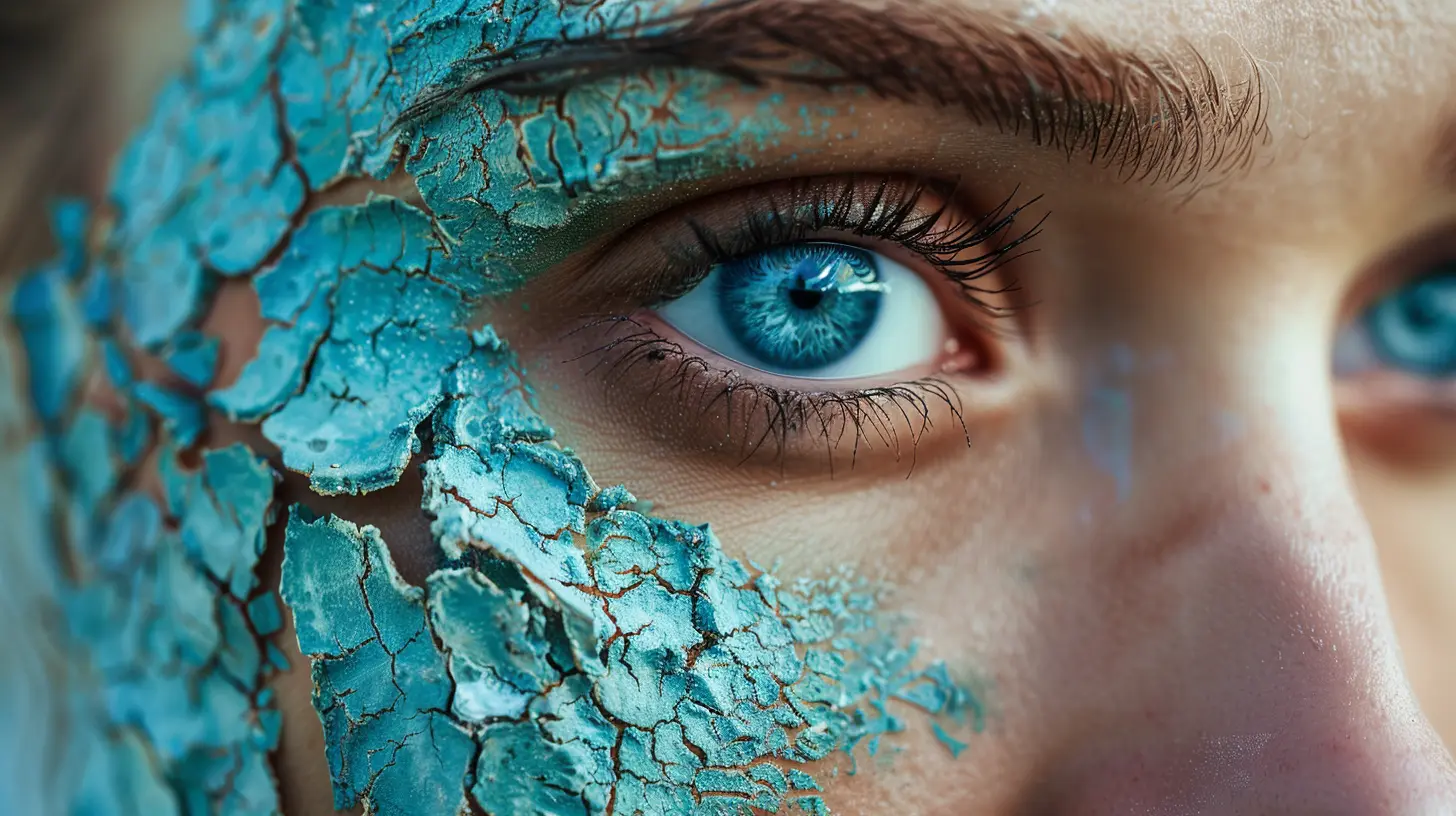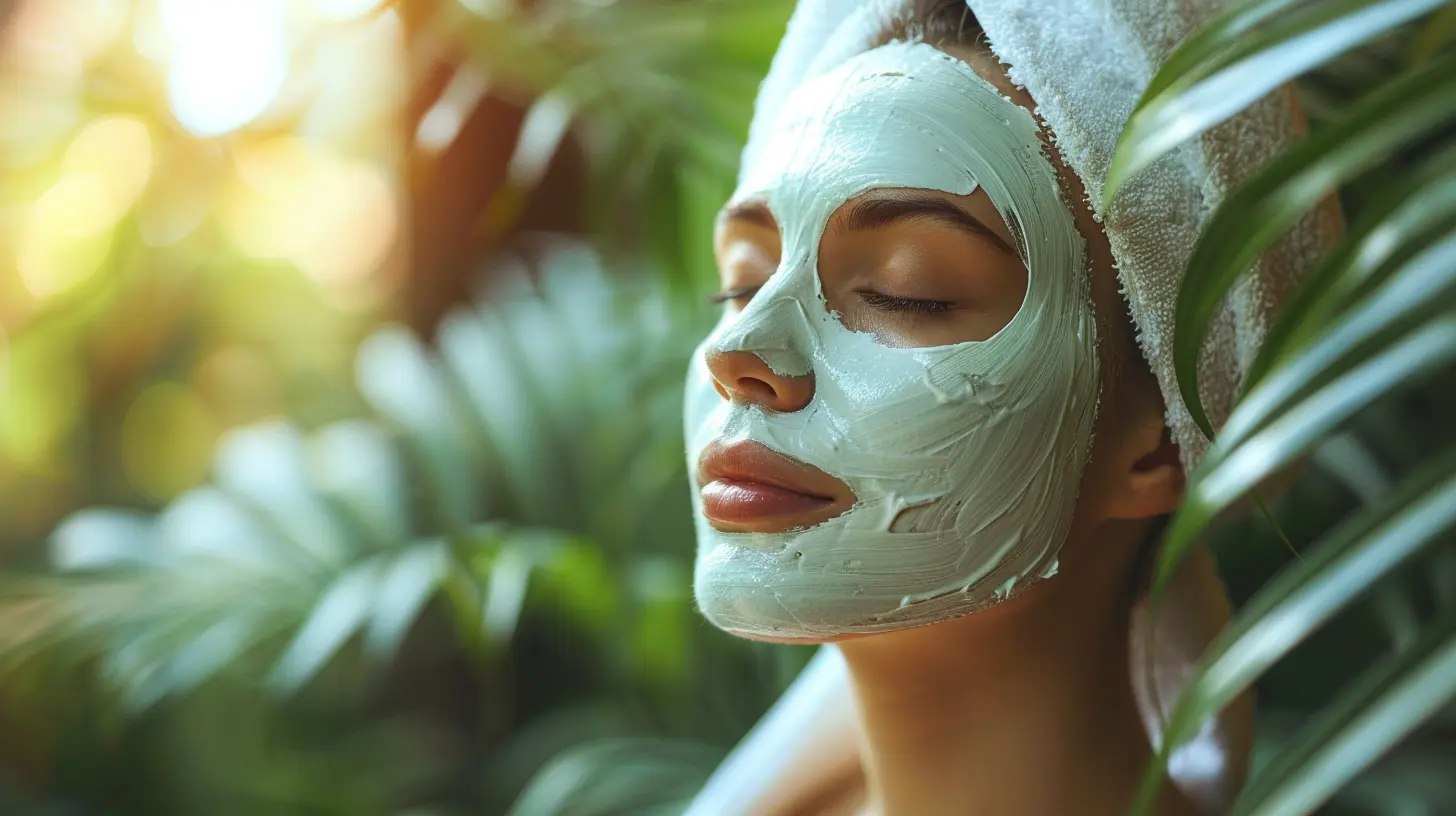The Connection Between Stress and Skin Health
18 October 2025
Let’s be real—stress is something we all deal with. Whether you're chasing deadlines, juggling family duties, or just trying to navigate life in general, stress can creep into every part of your day. While it’s normal to feel the pressure sometimes, when stress becomes constant, it doesn’t just weigh on your mental peace—it shows on your skin too.
Yep, your skin can literally wear your stress.
If you’ve ever noticed a breakout before a big event or a sudden rash during a nerve-wracking month, you're not imagining things. Your body reacts to stress in complex ways. Today, we're going to unpack how that mind-skin connection actually works, why it happens, and what you can do to give your skin—and your spirit—some well-deserved TLC.

Stress and Skin: Two Sides of the Same Coin?
So, how does something as intangible as stress leave visible marks on your skin? It's all about that mind-body connection. When you're stressed, your body releases hormones like cortisol and adrenaline. These guys are great in short bursts—they help you flee from danger, stay alert, and power through tough moments. But when they stick around for too long, they mess with your system, and your skin often takes the hit first.Let’s break it down.

How Stress Affects the Skin: A Closer Look
1. Hormonal Havoc
Here's the deal—your body responds to stress by triggering the "fight or flight" response. This means your adrenal glands go into overdrive and release a flood of cortisol. While that’s helpful in short-term situations (say, dodging a speeding car), chronic stress keeps the cortisol coming.Too much cortisol does a number on your skin:
- It increases oil production. More oil = clogged pores = acne.
- It slows down skin repair and regeneration.
- It weakens your skin barrier, so moisture escapes and irritants get in.
Sound familiar? That’s probably why you break out right before a job interview or feel extra itchy during exams.
2. Inflammation Goes Up
Another side-effect of stress is inflammation. When you’re under pressure, your immune system gets thrown off, which can lead to your body overreacting to things it normally wouldn’t. The result? Flare-ups of conditions like:- Eczema
- Psoriasis
- Rosacea
- Hives
These skin issues can be stubborn and emotionally taxing, often creating a vicious cycle—your skin acts up, you feel more stressed, and the situation just spirals.
3. Slower Healing
Got a cut or acne that won’t go away? Chronic stress hinders your skin’s ability to heal properly. Your skin cells don’t regenerate as quickly under stress, which means blemishes and wounds stick around longer than they should.In fact, studies show that people under stress heal slower than those who are relaxed and calm. It’s like your body is trying to patch a roof in a hurricane—it’s just not the right environment for recovery.

The Emotional Impact: When Your Skin Affects Your Mood
Let’s not forget the mental toll that skin issues can take. Redness, pimples, or dry patches might make you want to cancel plans, hide from the camera, or avoid eye contact. This becomes a loop—stress affects your skin, then the skin issues increase your stress. And round and round we go.This “stress-skin loop” is more common than you think, especially among teenagers and young adults. But guess what? You're not alone, and more importantly, you're not powerless.

Real-Life Scenarios: You’ve Probably Been There
Let’s paint a few relatable pictures, shall we?- The Night-Before-Presentation Pimple: You’ve got a big meeting or event the next day, and boom—Mount Vesuvius appears on your forehead.
- The "Life-Is-Too-Much" Rash: Juggling work, bills, and personal stuff sends your skin into full-on rebellion mode with an itchy, red rash.
- The Heartbreak Breakout: Emotional stress can be just as potent as physical stress. A painful breakup? Hello, stress acne.
Sound familiar? You’re definitely not the only one.
Stress Triggers That Wreak Havoc on Your Skin
Understanding your stress sources is key to healing. Here are a few sneaky skin saboteurs:- Lack of Sleep: Ever notice your skin looks dull and tired after a bad night? That’s not just your imagination.
- Poor Diet: Stress often leads us to eat poorly—hello, sugar cravings and greasy snacks. But these can trigger inflammation and acne.
- Neglecting Skincare: When life gets crazy, routines go out the window. And suddenly, you’re sleeping in makeup or skipping sunscreen.
- Over-cleansing or Picking: Stress may make you obsess over every bump. Ironically, overdoing your routine or picking your skin makes things worse.
What You Can Do: Skin-Saving Stress Busters
Now, here’s the good news—you can fight back. While we can’t totally eliminate stress (if only!), we can control how we respond to it and how we treat our skin during tough times.1. Stick to a Simple, Soothing Skincare Routine
When stress levels climb, scaling back your skincare can actually be a smart move. Focus on gentle, nourishing products that protect your skin barrier.- Cleanser: Go for something mild and hydrating.
- Moisturizer: A non-comedogenic moisturizer helps lock in hydration.
- SPF: Always—yes, even if you’re inside. Stress can make skin more sensitive to UV damage.
- Avoid harsh exfoliants or actives during flare-ups. Your skin is already fighting a battle—don’t add to the chaos.
2. Put Your Sleep Back on Track
You can’t underestimate the power of shut-eye. Your body repairs itself while you sleep—including your skin. Aim for 7–9 hours per night, and try to keep a consistent sleep schedule.Tip: A calming nighttime routine (think warm tea, soft music, and no screens) can seriously work wonders.
3. Feed Your Skin from the Inside
What you eat really does show up on your face. Try to:- Eat foods rich in Omega-3s (like salmon or walnuts) to reduce inflammation.
- Load up on fruits and veggies for antioxidants.
- Drink water—hydrate, hydrate, hydrate!
Skip the sugar bombs and fast food when you can—they often fuel skin flare-ups and mood dips.
4. Move Your Body
Exercise is like a pressure valve for stress. Even light movement like yoga, walking, or dancing around in your room can lower cortisol and boost happy hormones (yay for endorphins!).Bonus: sweating helps clear your skin too—just be sure to cleanse after workouts.
5. Practice Mindfulness and Mental Health Care
This is a big one. Managing mental stress can have major benefits for your skin and your overall well-being.Try this:
- Meditation or deep breathing: Even five minutes a day can help.
- Journaling: Write it out, release the tension.
- Therapy or talking it out: There's zero shame in needing support.
Stress doesn’t mean you’re weak. It means you’re human. And there are plenty of tools to help you feel centered again.
6. Don’t Be Afraid to Ask for Help
If skin issues persist or worsen, it’s okay to reach out to a dermatologist. Sometimes stress triggers skin conditions that need some extra care—like prescription creams or a guided plan. Your mental health is just as important—talking to a therapist can also address the core issue behind chronic stress.The Power of Self-Compassion
Last but definitely not least, be kind to yourself.Your skin is your largest organ. It's your body’s way of talking to you. When your skin is acting up, it might be trying to tell you to slow down, take care, and breathe.
No one has perfect skin 24/7. Filtered, airbrushed perfection isn’t real life. Your breakouts, dry spots, or redness don’t define your beauty—they're just a snapshot of one part of your story.
So next time your skin reacts to stress, instead of getting frustrated, try asking:
> “What is my skin trying to tell me right now?”
Give it love, patience, and a little grace. It's doing its best—just like you.
Final Thoughts
The connection between stress and skin health is strong—but it’s not unstoppable. You have more power than you think to protect your skin and your peace.Balance is the name of the game. By listening to your body, building calming routines, and showing your skin some love when it needs it most, you can weather life’s storms without it showing on your face.
And remember, you’re not alone in this. Your skin has your back. All it asks is that you have its back, too.
all images in this post were generated using AI tools
Category:
Stress ManagementAuthor:

Laurie Barlow
Discussion
rate this article
1 comments
Betsy Chapman
Stress impacts my skin significantly; I need better coping strategies.
October 31, 2025 at 5:40 PM

Laurie Barlow
Thank you for sharing your experience! Exploring mindfulness techniques, regular exercise, and a balanced skincare routine can be effective coping strategies for managing stress and improving skin health.


